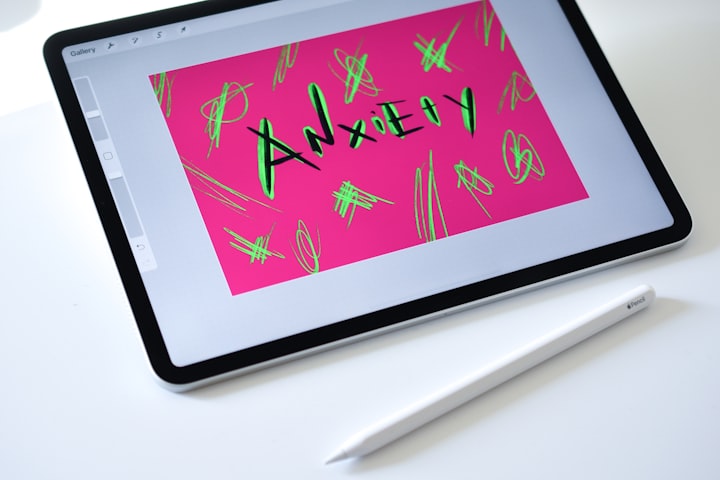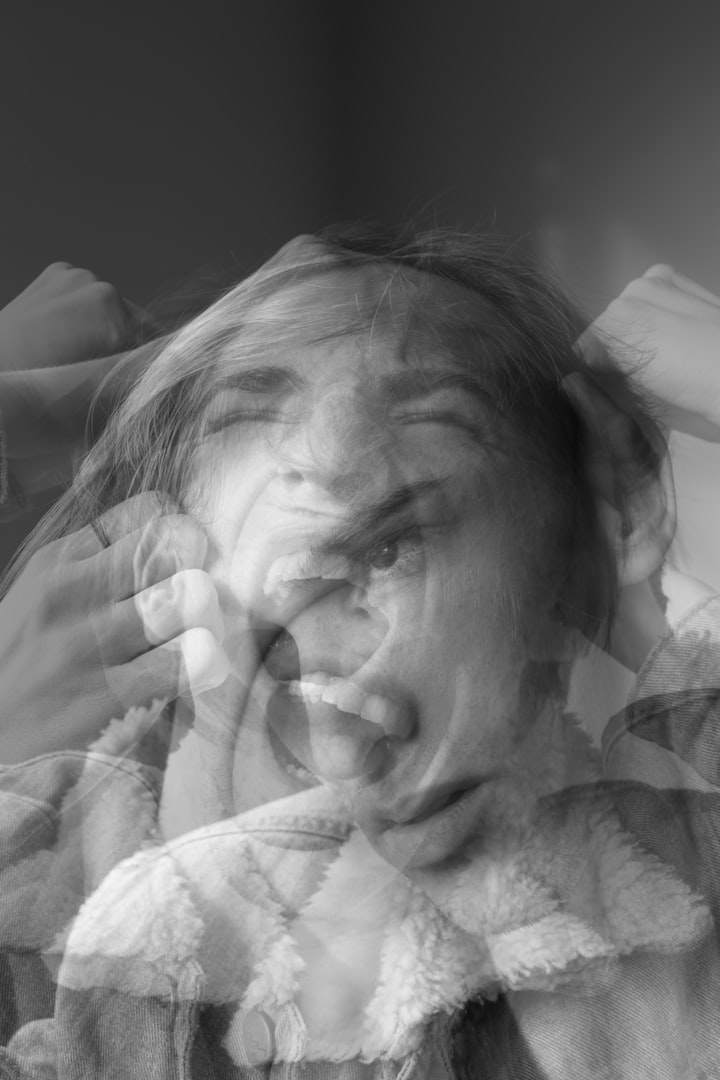Dealing with Anxiety Disorders: Understanding Generalized Anxiety Disorder, Panic Disorder, and More
Dealing with Anxiety Disorders: Understanding Generalized Anxiety Disorder, Panic Disorder, and More
Anxiety is a normal human emotion that everyone experiences from time to time. However, when anxiety becomes excessive, overwhelming, and interferes with daily life, it can be a sign of an anxiety disorder. Anxiety disorders are among the most common mental health conditions, affecting millions of people worldwide. In this article, we will discuss the different types of anxiety disorders, their symptoms, causes, and treatments, as well as how to find the nearest psychiatrist for help.
Types of Anxiety Disorders
Generalized Anxiety Disorder (GAD)
GAD is a condition characterized by excessive and persistent worry and fear about everyday events and activities. People with GAD may find it challenging to control their worry and may experience physical symptoms such as muscle tension, fatigue, headaches, and irritability.
Panic Disorder
Panic disorder is a condition characterized by sudden and intense episodes of fear and anxiety, called panic attacks. Panic attacks typically involve symptoms such as heart palpitations, chest pain, sweating, trembling, and a sense of impending doom.
Social Anxiety Disorder
Social anxiety disorder is a condition characterized by intense fear and anxiety in social situations. People with social anxiety disorder may fear being embarrassed, judged, or rejected, leading to avoidance of social situations.
Specific Phobias
Specific phobias are intense and irrational fears of specific objects, situations, or activities. Common phobias include fear of heights, spiders, snakes, flying, and enclosed spaces.
Symptoms of Anxiety Disorders
Anxiety disorders can cause a wide range of symptoms that vary from person to person. Some of the common symptoms of anxiety disorders include:
- Excessive worry and fear
- Restlessness and irritability
- Muscle tension and headaches
- Sweating and trembling
- Palpitations and chest pain
- Fatigue and difficulty sleeping
- Avoidance of certain situations or activities
- Difficulty concentrating and focusing
Causes of Anxiety Disorders
The exact causes of anxiety disorders are not fully understood, but it is believed that a combination of genetic, environmental, and psychological factors may play a role. Some of the common risk factors for anxiety disorders include:
- Family history of anxiety disorders or other mental health conditions
- Trauma or stressful life events, such as abuse, neglect, or loss of a loved one
- Chronic medical conditions, such as heart disease or diabetes
- Substance abuse or addiction
- Neurochemical imbalances in the brain
- Treatment for Anxiety Disorders
Anxiety disorders are treatable, and several effective treatments are available. The most common treatments for anxiety disorders include:
Psychotherapy
Psychotherapy, also known as talk therapy, is a type of treatment that involves talking to a mental health professional about your thoughts, feelings, and behaviors. Psychotherapy can help individuals with anxiety disorders learn coping skills and strategies to manage their symptoms and improve their quality of life.
Medication
Medication can be effective in treating anxiety disorders, particularly when used in combination with psychotherapy. Antidepressants, anti-anxiety medications, and beta-blockers are commonly used to treat anxiety disorders.
Lifestyle Changes
Making lifestyle changes such as exercising regularly, eating a healthy diet, getting enough sleep, and avoiding alcohol and drugs can help reduce symptoms of anxiety disorders.
Finding the Nearest Psychiatrist
If you or a loved one is experiencing symptoms of an anxiety disorder, it is essential to seek help from a mental health professional. A psychiatrist is a medical doctor who specializes in the diagnosis and treatment of mental health conditions, including anxiety disorders. To find the nearest psychiatrist, you can use online directories, such as the American Psychiatric Association or Psychology Today.
When choosing a psychiatrist, it is essential to consider their qualifications, experience, and approach to treatment. You may also want to consider factors such as location, availability, and cost. It is important to find a psychiatrist with whom you feel comfortable and can develop a trusting therapeutic relationship.






Comments (1)
I have GAD, and it's not fun. :( I've been able to manage it for years, but a mixture of things caused me to take several steps back this year. I'm working on it though.